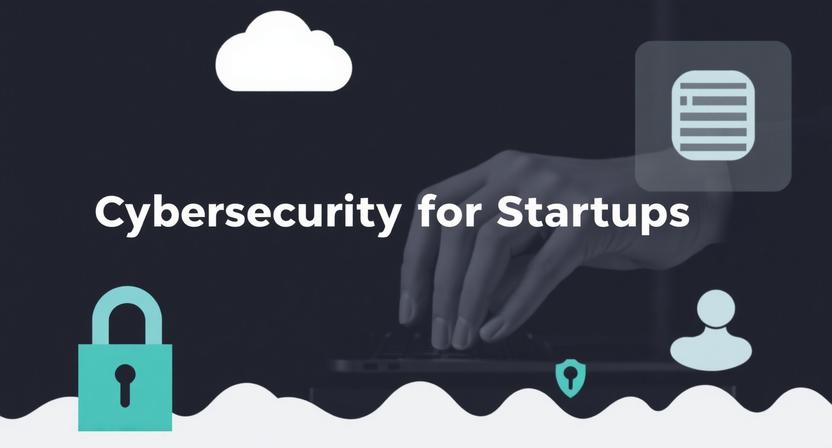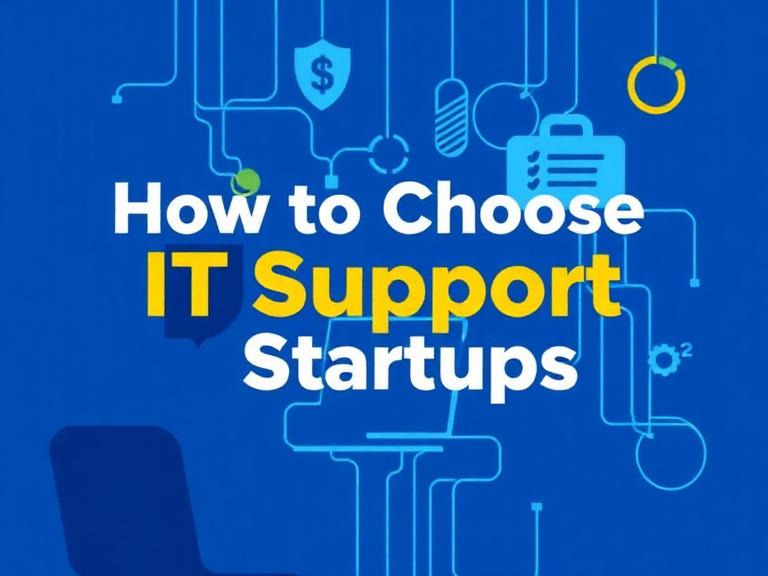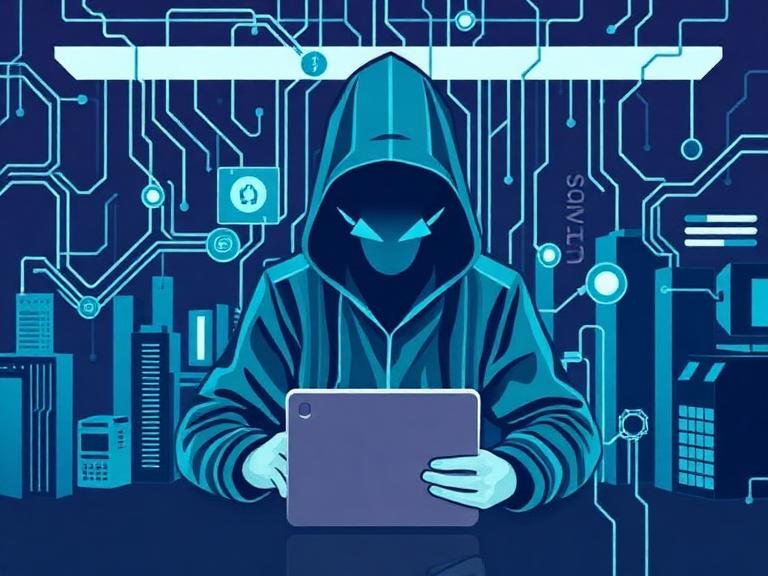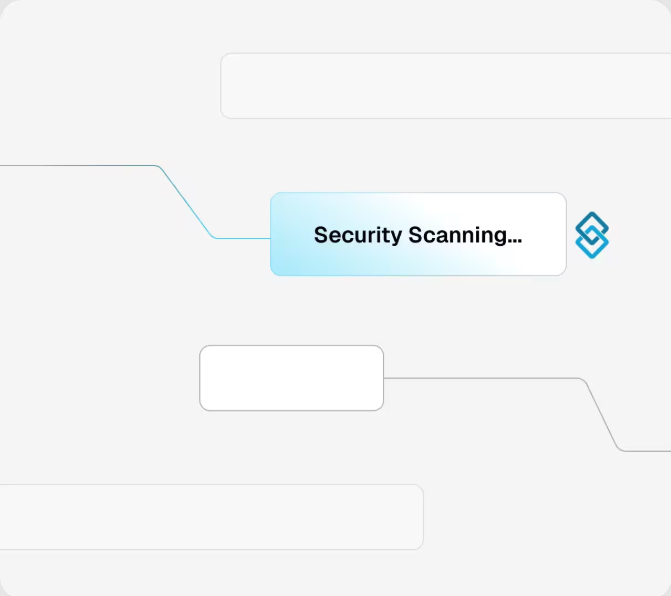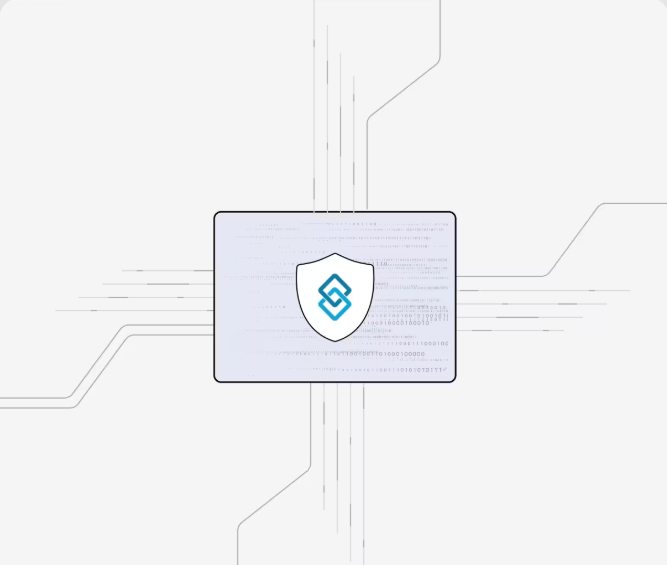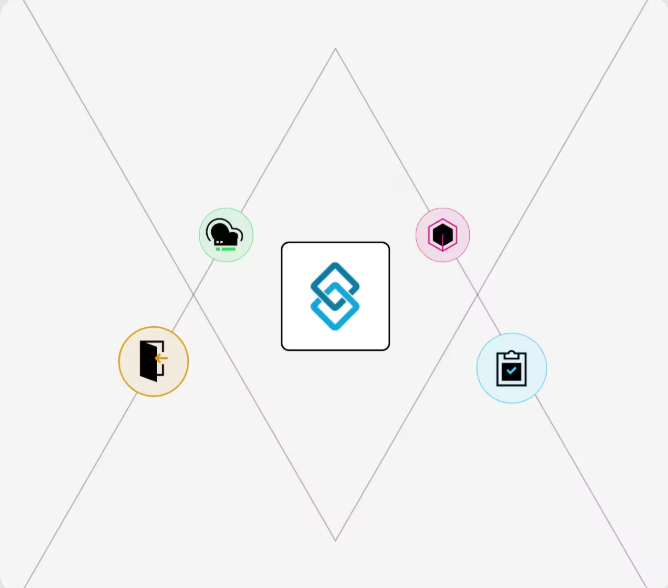The Hidden Costs of a Cyberattack And How to Prevent Them
Cyberattacks can cripple small businesses not just through immediate damage, but through long-term consequences like lost trust, reduced revenue, and increased costs. Hidden impacts—such as downtime, regulatory penalties, and team morale—often hit harder than the attack itself. Sentant helps prevent these outcomes with tailored, human-first cybersecurity solutions that protect without disrupting your day-to-day operations.

Let’s get straight to it: a cyberattack isn’t just an “enterprise” problem anymore. If you’re running a business today, especially a smaller one, you’re fair game. And here’s the real kicker: the biggest damage usually isn’t what you see in the headlines.
Yes, losing access to your systems or paying some hacker in crypto is bad. But the stuff that hits you a week, a month, or even a year later? That’s the part most businesses never saw coming after a cyberattack.
That’s where Sentant steps in. We don’t sell fear, just smart protection. Simple, customized, human-first cybersecurity that works in the background so you can keep doing what you do best. No jargon, no drama.
What Cyberattacks Should You Worry About?
We could list dozens, but here’s the shortlist. These are the cyberattacks small and mid-sized businesses run into the most, and they hit hard.
- Phishing – You’ve seen it. A sketchy email that looks real. Someone on your team clicks, and suddenly, a password’s gone or malware’s in.
- Ransomware – One bad link and your files are encrypted. You’re told to pay up or lose everything. Spoiler: Sometimes, even paying doesn’t fix it.
- DDoS Attacks – Hackers flood your site or server with junk traffic. Customers can’t get in. You’re offline. No sales, no service.
- Man-in-the-Middle – Imagine someone secretly eavesdropping between you and your clients, grabbing passwords or payment info without a trace.
Scary? A bit. But the good news? Most cyberattacks are preventable with the right preparation.
What Are the Hidden Costs That Don’t Make the Headlines?
Let’s talk about what happens after a cyberattack. Because that’s where the pain kicks in.
1. People stop trusting you
One cyberattack, and suddenly you’re the company that customers avoid. Rebuilding trust? That takes time, effort, and money.
2. You start losing business
Not always right away. But over time, clients fade, leads dry up, and the referrals you counted on slow to a crawl.
3. Daily work grinds to a halt
Can’t log in? Systems frozen? That’s hours, maybe days, of missed deadlines, delayed deliveries, and frustrated customers.
4. You spend more fixing things later
Forensics. Emergency IT. PR firms. Replacement tools. The cleanup costs after a cyberattack pile up faster than you’d expect.
5. Your insurance rates spike
A cyberattack can turn your affordable premium into a long-term expense. Some insurers might even back out.
6. Regulators start sniffing around
Fines. Audits. Reporting. If you handle customer data, a cyberattack can quickly land you in hot water with compliance authorities.
7. Someone steals your ideas
Code. Designs. Internal strategies. Gone. Sold. Copied. Used against you.
8. Your team feels it too
People talk. Slack threads go quiet. Confidence drops. Morale dips. The best people start looking elsewhere after a messy cyberattack.
How to Avoid All This Before It Starts
Let’s not sugarcoat it, there’s no magic fix. But these strategies work to prevent the damage a cyberattack can cause.
1. Lock it down early
Firewalls. Backups. Strong passwords. Multi-factor everything. These are simple ways to block many cyberattacks before they begin.
2. Train your people, not just your tech
Most cyberattacks begin with a person, not a system. Teach your team what to click (and what not to).
3. Go Zero-Trust
No assumptions. Everyone gets verified, even internal folks. It slows down attackers trying to move laterally inside your network.
4. Test your defenses
Hire someone to simulate a cyberattack against your systems (ethically, of course). You’ll learn more in one week than in a year of guessing.
5. Have a “break glass” plan
When a cyberattack happens, don’t scramble. Your team should know their roles ahead of time. Speed matters.
6. Watch for weird stuff
Unusual login times, strange data transfers, these are common warning signs right before or during a cyberattack. Make sure your systems can catch them.
7. Vet your vendors
A vendor with weak security could be the reason you suffer a cyberattack. Screen them like you would your team.
8. Stick to the rules
Compliance laws like GDPR, HIPAA, and CCPA are in place for a reason. Following them reduces your risk and shows clients you take security seriously.
9. Cover yourself with insurance
A policy won’t stop a cyberattack, but it can help pay for the cleanup. Legal help, business downtime, even PR support, it’s worth considering.
Why Sentant Is Worth a Look
Sentant isn’t here to scare you into a sale. We just get it, you’ve got a business to run, and protection from cyberattacks should make that easier, not harder.
Here’s what we offer:
- Custom security setups that match your business, not someone else’s
- 24/7 monitoring that works
- Help navigating the compliance maze
- A team that’s just as invested in your uptime as you are
We’re not here to be the loudest voice in the room, just the one that keeps you online and safe from cyberattacks.
Frequently Asked Questions About Cyberattacks
1. Can small businesses bounce back from a cyberattack?
Sometimes. But recovery takes time, and often costs more than prevention would have.
2. Isn’t insurance enough protection from a cyberattack?
Not quite. It helps with financial recovery, but it won’t stop the cyberattack or restore customer trust.
3. Do even small cyberattacks cause damage?
Yes, even “small” cyberattacks can lead to downtime, lost revenue, or legal consequences.
4. Does employee training help stop cyberattacks?
Yes, most cyberattacks start with someone clicking the wrong thing. Awareness cuts that risk significantly.
5. Should I handle cybersecurity in-house or outsource?
If you’ve got the resources, sure. If not, a trusted partner like Sentant can protect your business from cyberattacks without adding overhead.
One Last Thing...
A cyberattack doesn’t just crash your system, it can shake the very foundation of your business. The trust you’ve built. The rhythm you’ve created. The team you’ve grown.
But it doesn’t have to go that way.
Sentant helps businesses like yours stay ahead of these threats, quietly, efficiently, and in a way that fits your reality.
Don’t wait for a cyberattack to show you what’s missing. Let’s talk.
Will Pizzano, CISM is Founder of Sentant, a managed security and IT services provider that has helped dozens of companies achieve SOC 2 compliance. If you’re interested in help obtaining SOC 2 compliance, contact us.



